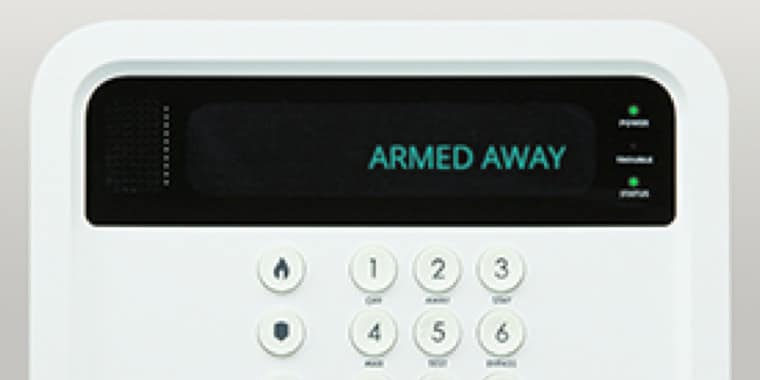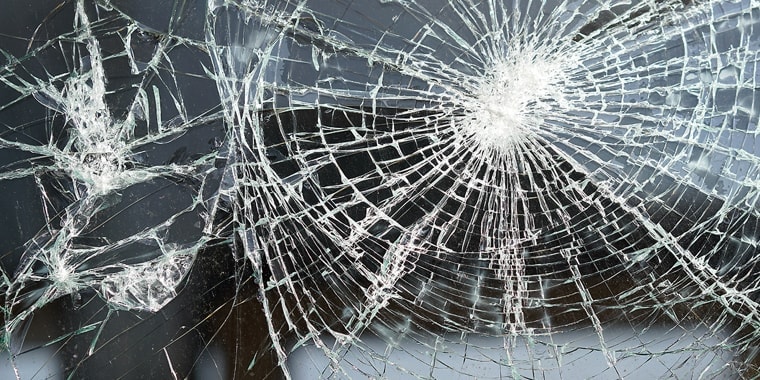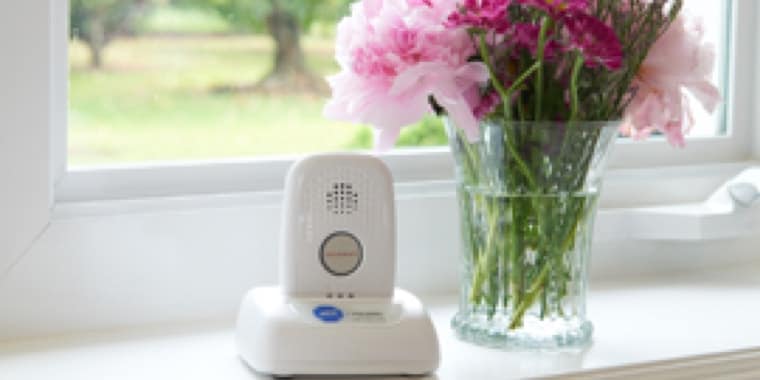Colder temperatures are here and it’s time to reach for those coats, gloves and beanies. But who wants to head outside when it’s so cold? Surely, many families would much rather sit on the sofa with a piping hot mug of hot chocolate, staring at the snowflakes piling up on the ground. However, once those big winter storms hit and bring extremely low temperatures, the serenity of the winter safety and warm indoors can quickly shatter.
There’s nothing worse than being unprepared when unsettling weather hits. Unfortunately, many families don’t take the proper precautions before, during and after a winter storm. Instead, they leave things until the last minute and head out into the storm jeopardizing both their own and their family’s safety by not protecting their home in advance.
So whether you’re expecting three inches or three feet of snow, it’s important to establish a foolproof routine to implement for each storm so that you remain out of harm’s way. Here’s our top winter safety tips for this winter season.
- Hit the Grocery Store (Before the blizzard)
- Stock Up on Winter Safety Essentials
- Weather seal tape
- Generator
- Gas (for generator)
- Work gloves
- Shovel
- Rock salt
- Flashlight
- Basic battery-operated electronics such as battery phone charger, radio, solar charger and extra batteries
- Enough firewood for your fireplace to last several days
- Matches and candles
- Plenty of blankets
- First aid kit
- Perform Basic Winter Safety House Maintenance
- Ensure that all of your pipes have insulation, especially those close to outside walls, crawl spaces or attics.
- Disconnect all of your outdoor hoses and turn off the water to exterior faucets.
- Consult a plumber to make sure that everything meets required standards.
- Beware of Carbon Monoxide
- Keep Space Heater Safety in Mind
- If you’re using a furnace, wood stove, fireplace or portable space heater, then keep anything flammable at least three feet away from it.
- Establish a three-foot ‘kid-free zone’ around space heaters and open fires.
- Even though you may be tempted to dry clothes on your space heater, it’s important that you do not place anything on top of, in front, or behind it.
- However tempting it is to stay warm, never use your oven to heat your home.
- Ask a qualified professional to install your stationary space heating equipment according to manufacturer’s instructions and local codes.
- Remember to turn off portable heaters when you leave a room (even if it’s just for a minute) or go to bed.
- Always use the right kind of fuel for fuel-burning space heaters. This fuel is specified by the manufacturer.
- Make sure that your fireplace has a secure screen to prevent sparks from flying into the room. Ensure that ashes are cool before putting them in a metal container and keep the container at a safe distance from your home.
- Test smoke alarms at least once a month.
- Patience is a Virtue
When a winter storm hits, it’s tempting to head to the grocery store once you’ve realized that you don’t have enough hot chocolate to see you through. Don’t make the careless mistake of venturing out during the storm. Instead, make sure that you head to the grocery store before it hits and stock up on enough supplies for the duration of the storm.
Additionally, it’s wise to stock up on non-perishables, such as canned goods and foods that don’t require refrigeration. You never know how long you could be without power. It’s also important to keep yourself hydrated, so don’t forget to stock up on enough water, too!
Staying safe is vital during bad winter conditions, and it’s important to have essential supplies that you can quickly access. Before any storm, gather these items together to form a winter safety storm kit, many of which you probably already have in your home:
If you’ve ever had a pipe freeze and burst, then we don’t need to tell you what a headache it can be. If you’re not aware, then let’s hope that you never have to find out! It’s important to address your pipes ASAP as it’s no surprise that frozen and burst pipes can be very expensive to fix.
Luckily, there are simple tasks that you can carry out to try to avoid this from happening: When preparing for bad winter weather, it’s important to keep in mind that home maintenance also includes the exterior of your home. Make sure that any dead branches are removed from your trees and that anything overgrown on the tree is trimmed back. This is a crucial step to remember as harsh winter weather conditions such as wind, ice, sleet and snow can lead to stray branches and longer limbs damaging your property.
If you’re stuck indoors for a long period of time, it may be tempting to use an alternate source for electricity, heating, or cooking (especially if your electricity goes out). However, never use a generator, grill, camp stove or other gasoline, natural gas, propane or charcoal-burning devices inside your home. Using these alternate sources can lead to hazardous consequences, such as carbon monoxide poisoning, electric shocks and fire.
Make sure that you have installed carbon monoxide alarms in central locations on every level of your home, as they will provide early warnings of any accumulating carbon monoxide. If the carbon monoxide alarm is set off, quickly move to an outdoor location with fresh air. If you’re unable to do this, then head to an area by an open window or door. From your fresh air location, call for help and remain there until emergency personnel arrive.
When it’s cold, windy and snowy outside, the temptation to snuggle up to warmth is high on the agenda. However, using space heaters incorrectly can quickly lead to disaster. It’s easy to avoid being part of house fire statistics by remembering that winter safety is key. Simply keep these tips in mind when using heating equipment.
However tempting it is to go and stretch your legs outside or start shoveling your driveway, it’s so important to stay indoors during winter storms (and particularly blizzards). Staying inside as much as possible will limit the possibility of coming face to face with dangerous situations. Equally, you should never be tempted to get in the car or drive during a winter storm. Icy roads and limited visibility are never a good combination, so stay inside and keep warm.
These simple tips are a guaranteed way to stay safer this winter, so don’t hesitate to put them into practice. Once the storm is in full swing, you can grab that mug of hot chocolate and enjoy the snowy season from the comfort of your own home knowing that you, your property and your family are as safe as possible.
To learn more about how carbon monoxide monitoring works, visit ADT’s Carbon Monoxide Alarm Services page.





